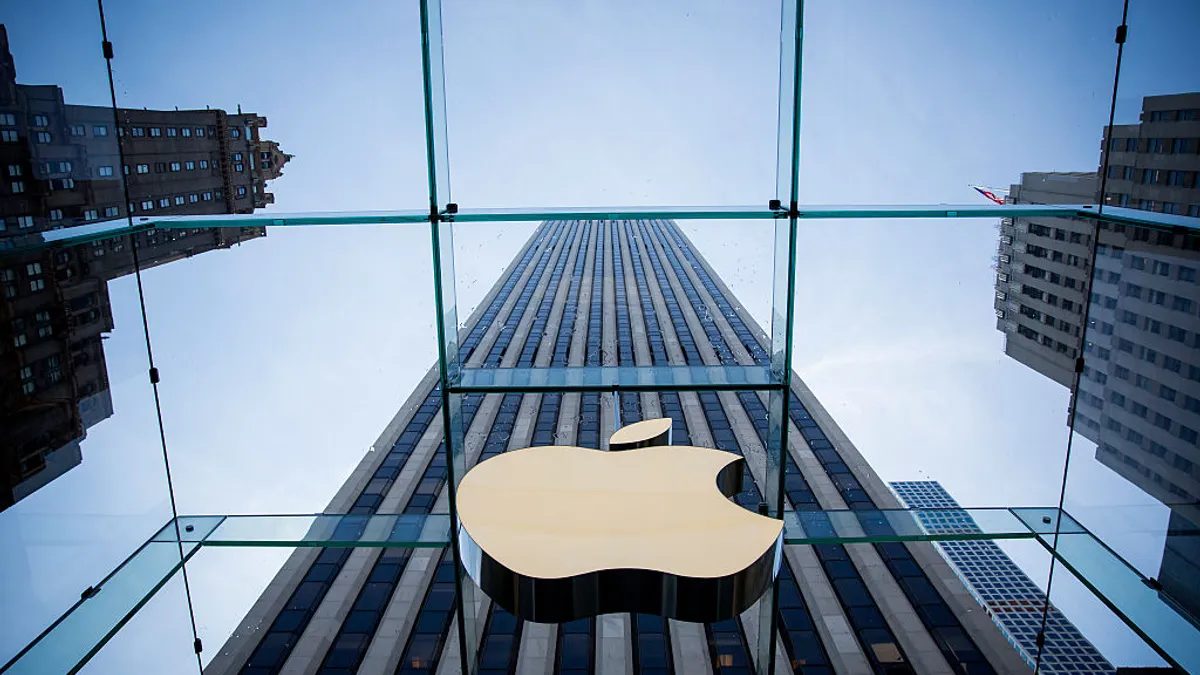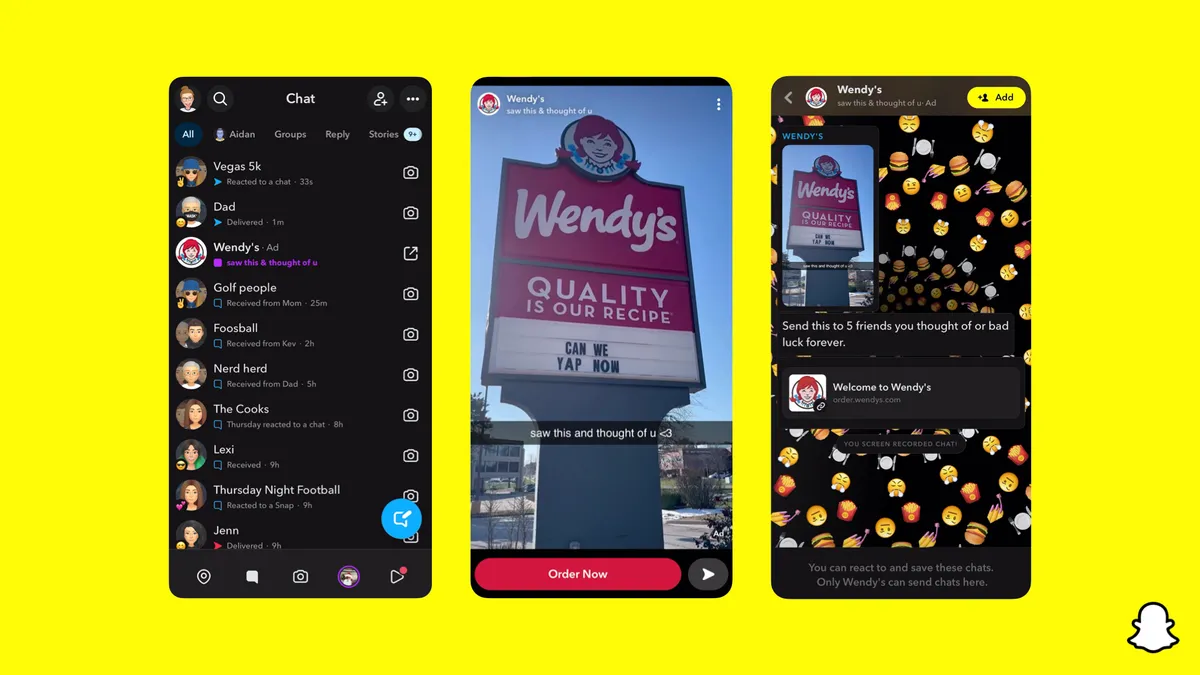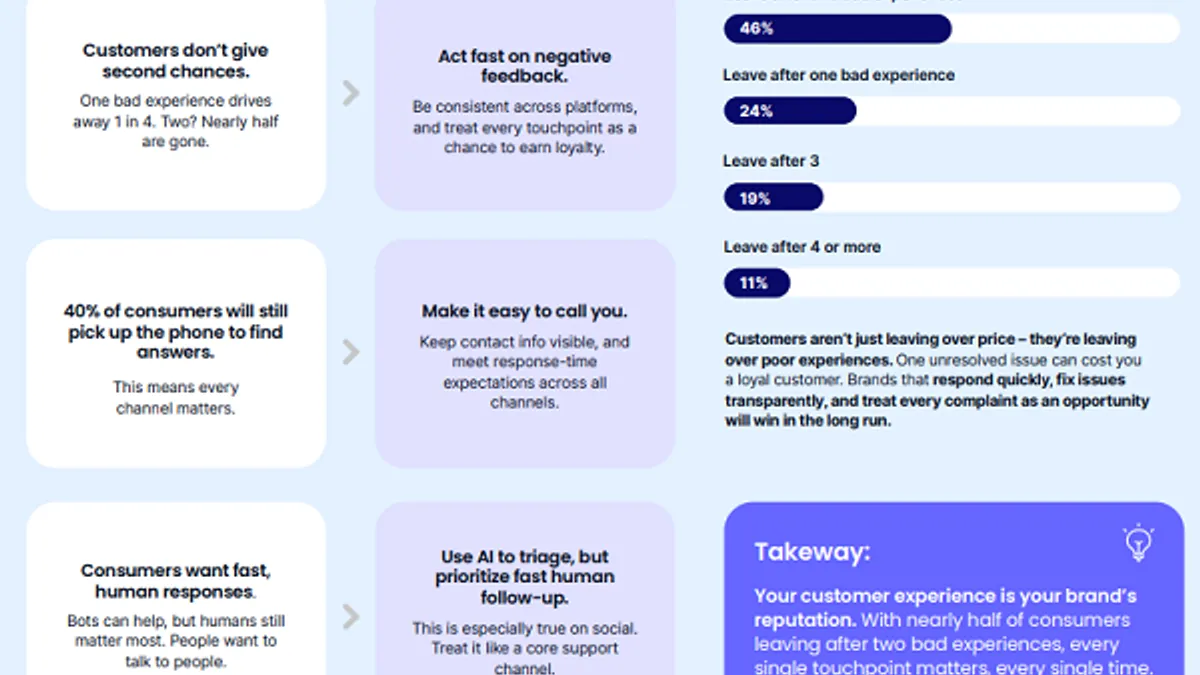Apple previewed new privacy protections across its operating systems at its annual Worldwide Developers Conference (WWDC) on Monday, revealing how the company plans to bolster its self-described "legacy of privacy leadership" to differentiate itself from competitors including Facebook and Google.
The new changes, in addition to the App Tracking Transparency framework that rolled out earlier this year, are expected to make it more difficult for marketers to target and track consumers, while potentially serving as a boon to Apple's growing ad business.
The new Mail Privacy Protection stops email senders from collecting user information, like an IP address or when an email is opened, while Hide My Email lets users create unique, random email addresses to keep their personal email address private. In addition, Private Relay is a new service built into iCloud that encrypts all traffic leaving a Safari user's device. Safari's Intelligent Tracking Prevention will now also hide user IP addresses.
The email-related features will likely limit the ability of email marketers to collect information about consumers or know when they open emails — a key way to measure the effectiveness of email marketing campaigns. Plus, the addition of IP blocking to the existing Intelligent Tracking Prevention framework will further limit how websites can track users and build profiles about them, another blow to marketers already preparing for Google's moves to kill third-party cookies by the end of the year.
"Brands will begin to lose understanding of consumers' interests, and as a result, send generic emails that are not contextually relevant to their needs."

Melissa Sargeant
CMO, Litmus
Apple's previous privacy changes and Google's deprecation of cookies has led marketers to focus on first-party data. Increasingly, brands use content and e-commerce plays on their own websites to acquire email addresses that can be used for future marketing efforts. Now, as Apple tightens privacy around personal email addresses, the company is potentially limiting the efficacy of these first-party data plays, throwing a new wrench into marketers' plans as they work to engage online consumers, a segment that continues to grow more important to many businesses.
However, email metrics — like open and click-through rates — are used differently than third-party cookies, helping marketers to deliver relevant content to consumers. That will not be possible with Apple's latest changes, as Apple Mail accounted for nearly half of email opens in 2020, according to Melissa Sargeant, CMO at email marketing firm Litmus.
"Brands will begin to lose understanding of consumers' interests, and as a result, send generic emails that are not contextually relevant to their needs. This is a blow to marketers, and most importantly, to consumers," Sargeant said in emailed comments.
Meanwhile, Private Relay, which allows users to hide their internet traffic and resembles a virtual private network (VPN), could further affect targeting and tracking efforts. The service could be "like Chrome Incognito on steroids," per emailed comments by Patrick O'Leary, CEO and co-founder of publisher CRM company Boostr.
"If broadly adopted by consumers, this cuts off many adtech players and possibly website operators from most forms of identity-based targeted advertising. If this impacts effectiveness of first-party data solutions from websites, it could drastically impact the ability for companies to generate revenue from advertising," O'Leary said.
Competition heats up
The additional privacy features across the Apple ecosystem come just months after the company rolled out its App Tracking Transparency framework, which made its mobile Identifier for Advertisers (IDFA) an opt-in feature. Marketers and ad platforms have worried about the change, as 47% of respondents said they're unlikely to consent to sharing an Apple device identifier with apps that request it, per a survey by AppsFlyer and MMA Global.
Facebook has been particularly vocal about its criticism of the IDFA changes, saying that the move could trigger a 50% drop in revenue for its Audience Network, which lets developers use its consumer data for in-app ad targeting, and taking out full-page newspaper ads to attack Apple.
While tightening its privacy rules, Apple will also be able to give marketers more data about ad performance on in-app ads bought through the company rather than third parties — potentially giving it an advantage if it attempts to expand its ad business. Previously, Apple launched iAd but shuttered the effort in 2016 when it failed to take off.
Competition with Facebook and other tech giants appears to have driven some other developments shared at WWDC. Apple upgraded its video call platform FaceTime, adding spatial audio, new microphone modes and a Portrait mode, plus a new grid view for Group FaceTime. Plus, FaceTime calls can now be made in-browser on Android and Windows devices. Taken together, these features could help Apple better compete with videoconferencing apps like Zoom that have seen increased consumer adoption, along with Facebook's messaging app suite, which have also added improved video capabilities.
Similarly, Apple also rolled out its SharePlay API that allows users to listen to music, watch videos and view apps together via FaceTime, a feature that has been integrated by platforms including TikTok, Twitch and Disney+. The new API could help keep consumers in its ecosystem as they increasingly spend time on emerging social media apps and streaming services.
In addition to enabling privacy features that will affect brands and ad platforms, users can also access an App Privacy Report to see how often apps have used a range of data they have been given permission to access. The company's latest mobile operating system, iOS 15, is available to developers now, with a public beta beginning next month before rolling out to users this fall.























